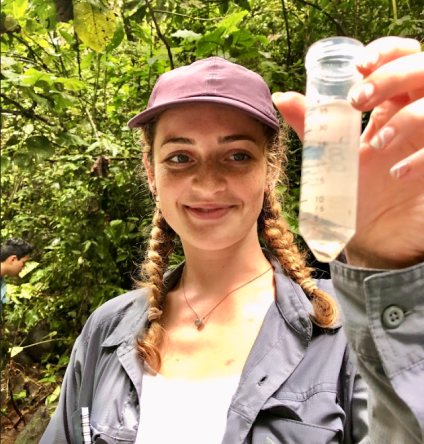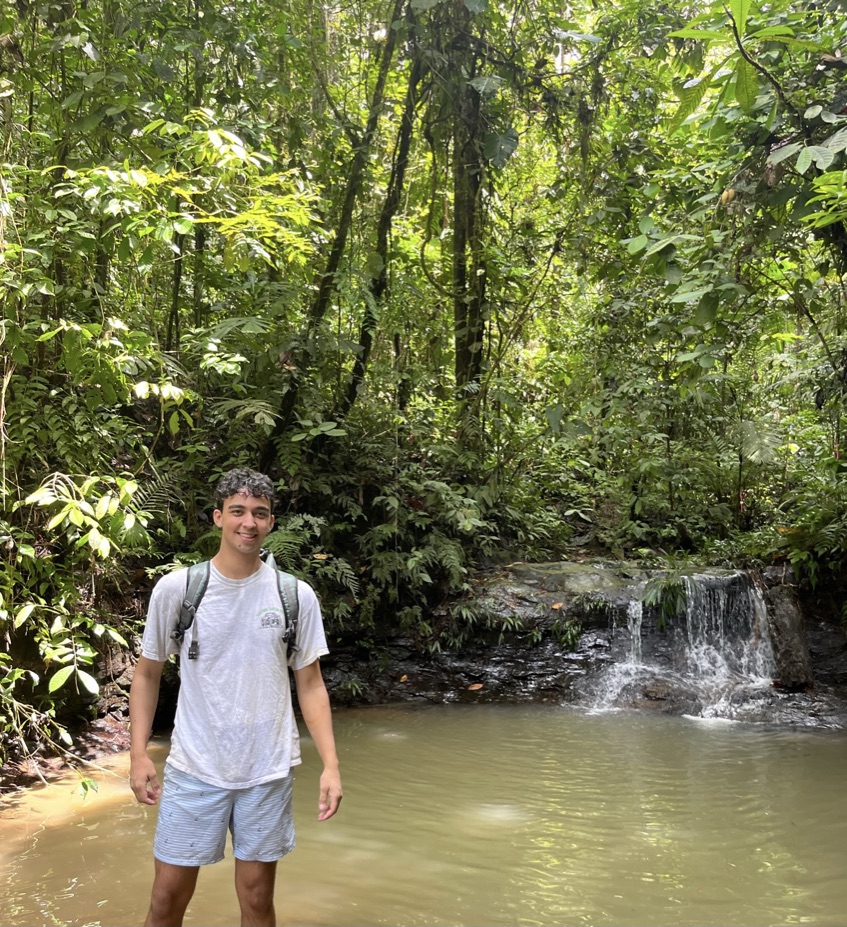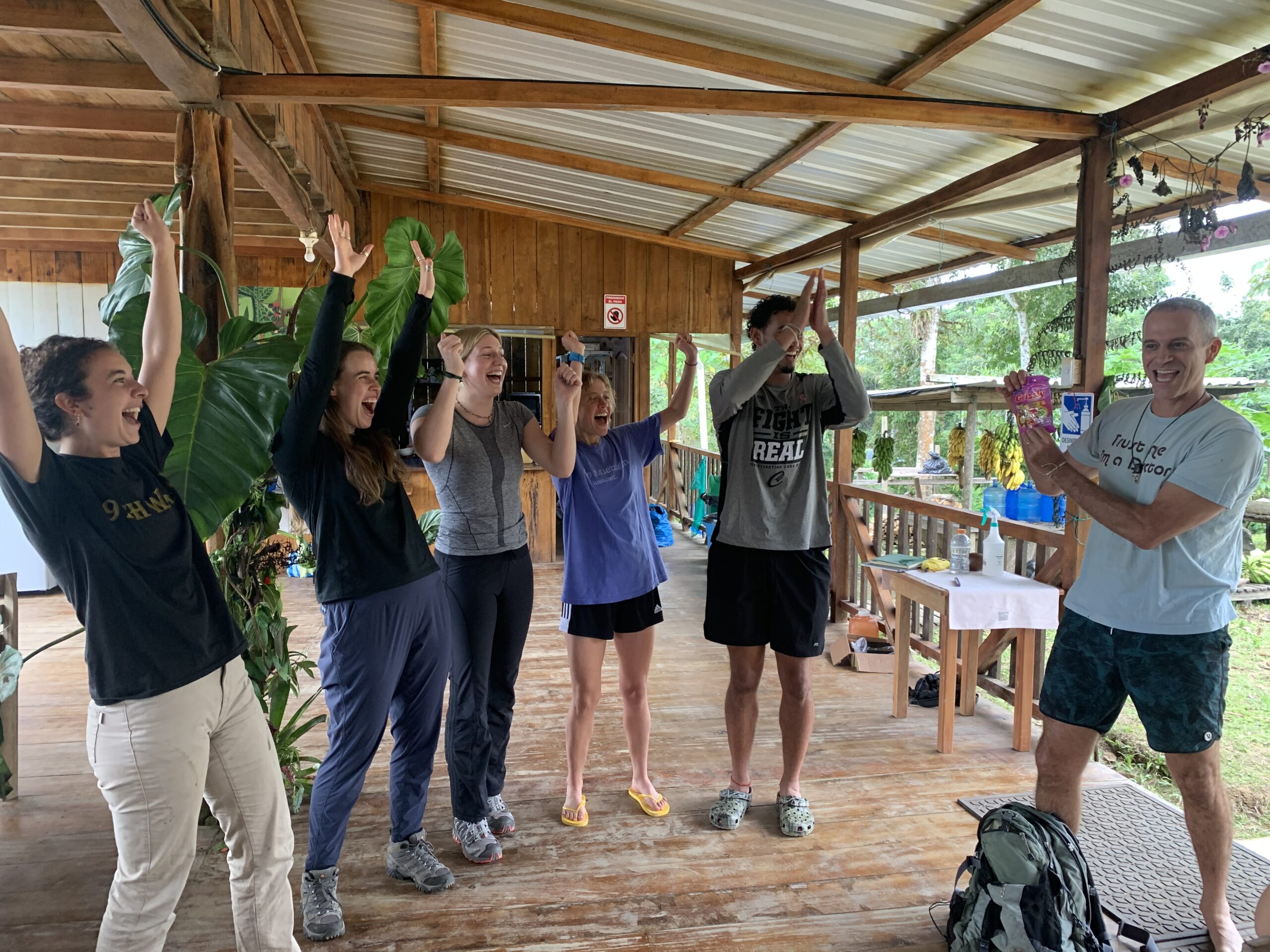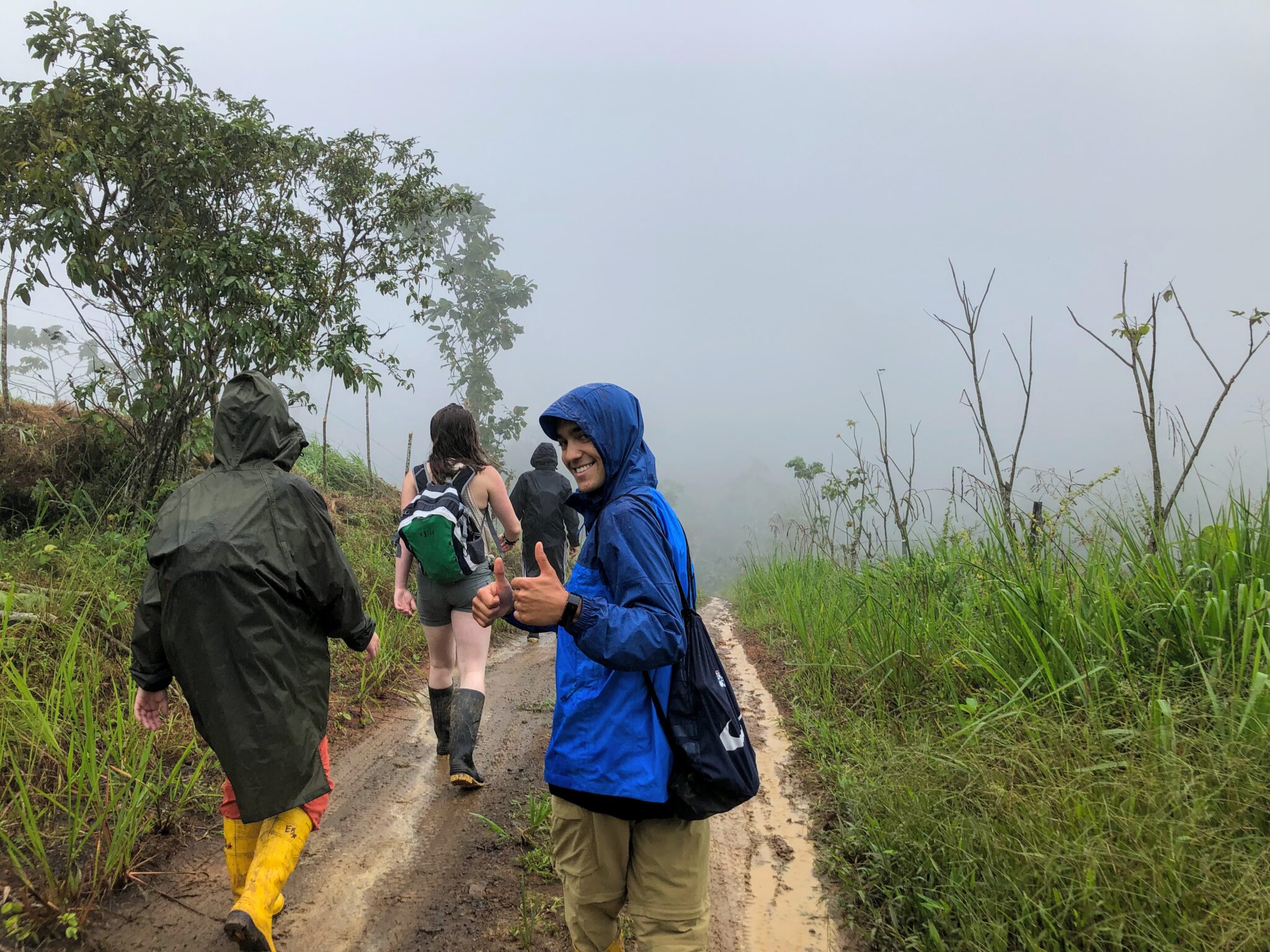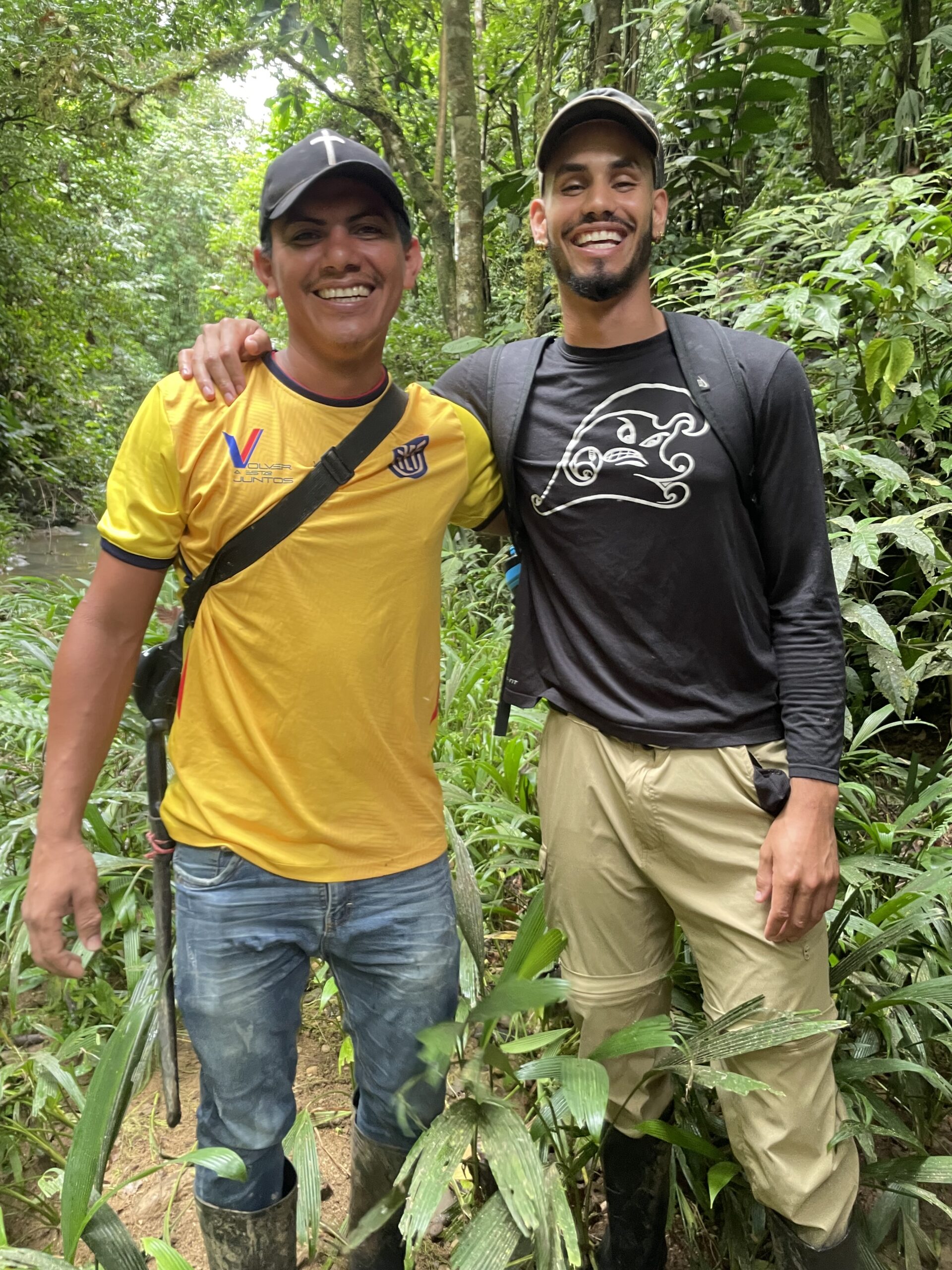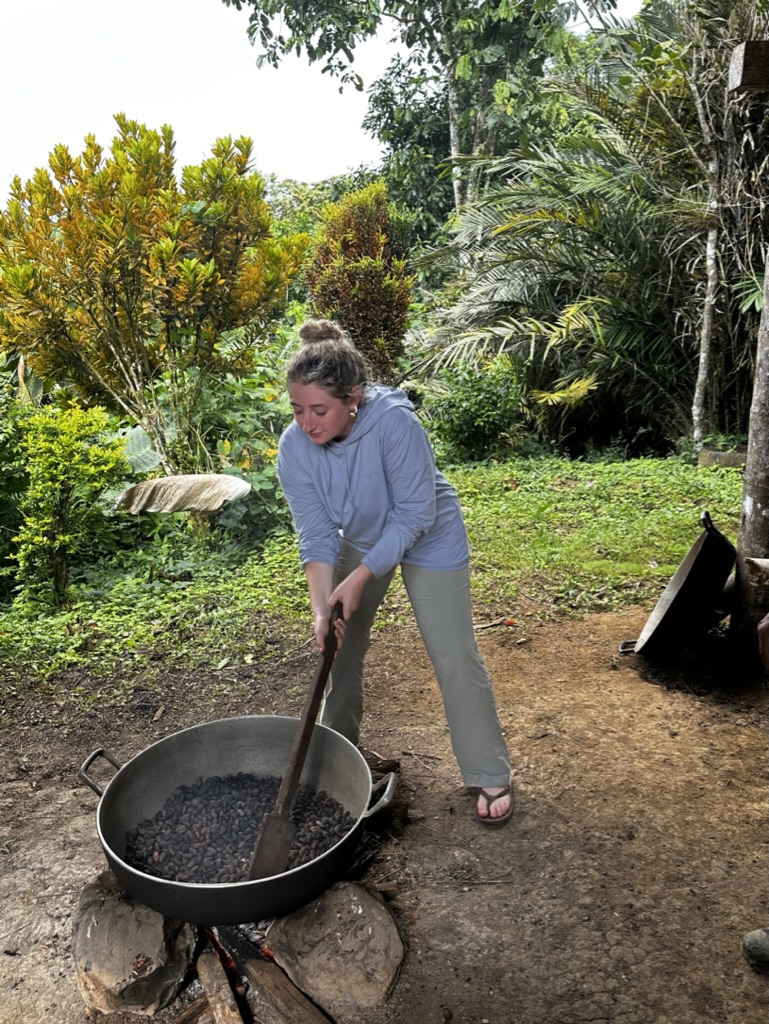Continued Involvement
Students work closely with the TIERA Program staff and Faculty Affiliates to develop research or community development projects. These projects can take place at the FCAT site or the student’s home country.
How It Works
The two-week field course is a gateway to continued undergraduate involvement in the TIERA program. Students can engage through different avenues including, but not limited to, research, internship, creative endeavor, or volunteering.
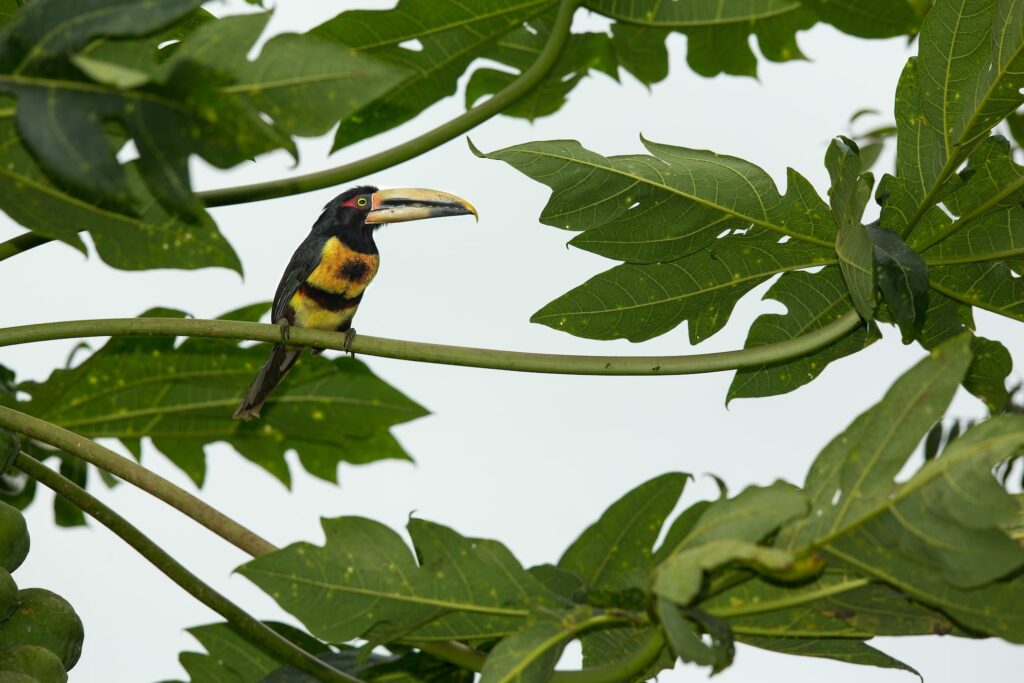
Students returning to campus in the Fall semester following participation on the field course are encouraged to strengthen relationships with TIERA staff by workshopping their project ideas, which can include selecting a pre-existing project from a menu of research options that are tied to the ongoing work of TIERA Senior Researcher affiliates or proposing a new project that is not on the menu of pre-existing projects.
As part of this process, students must identify a suitable mentor for their project. Students then apply to continue their involvement, including confirmation of involvement by the proposed mentor.
Over the course of the academic year and following summer, TIERA Scholars work with their mentor to develop and l implement their project. The project can take place on campus or at FCAT, and can vary in duration from a few weeks to a few years.
Projects are expected to relate to the environmental justice and conservation work that TIERA supports at the FCAT station; we welcome projects that take a broad and out of the box interpretation of what this relationship might look like.

Scholars Track experiences can range from assisting with an ongoing project (e.g., analyzing camera trap videos or biological samples in the lab), to independent studies, to conducting mentored honors thesis research, to community engaged activities, to creating works of art, and beyond.
The project can take place on campus or at FCAT, and can vary in duration from a few weeks to a few years. Topics are expected to relate to the environmental justice and conservation work that TIERA supports at the FCAT station; we welcome projects that take a broad and out of the box interpretation of what this relationship might look like.
Testimonials
